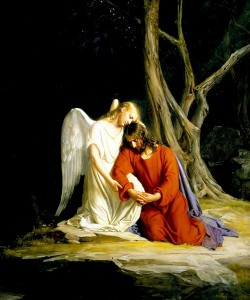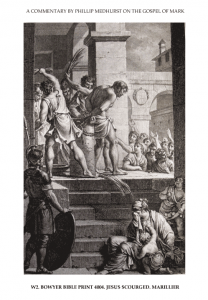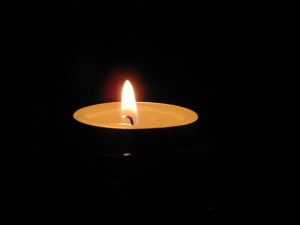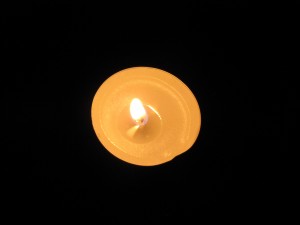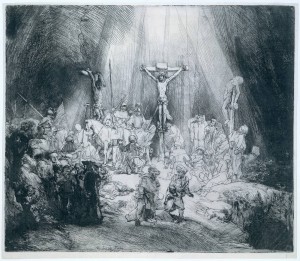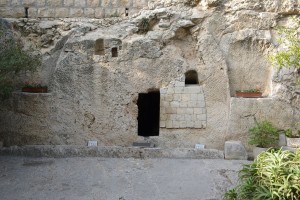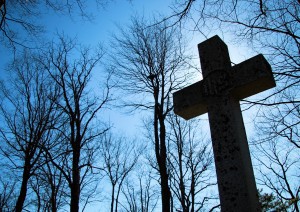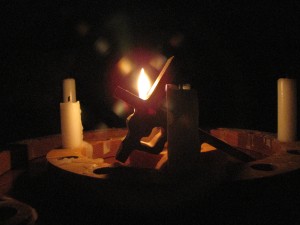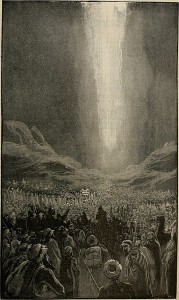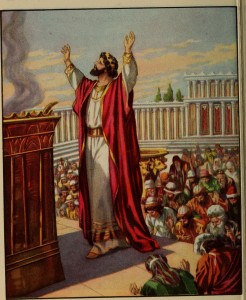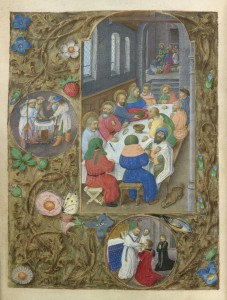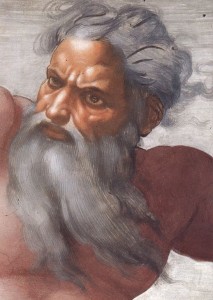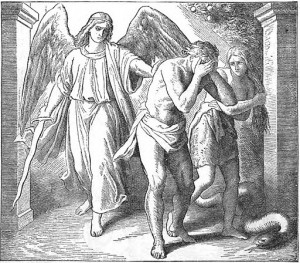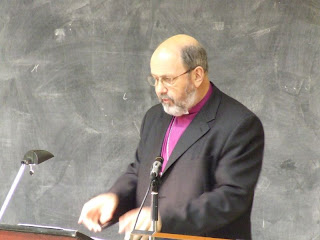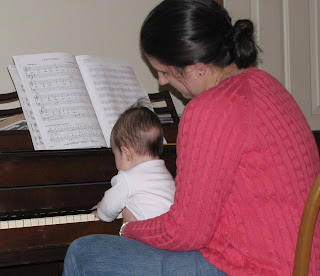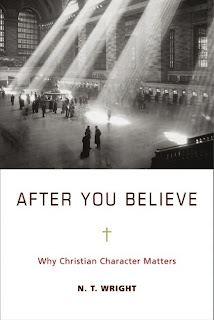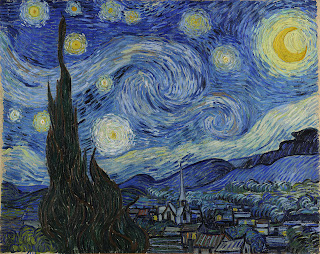To hear my blog post read aloud, just click the play button. If you’re reading this in an email, you may have to click here to hear the post on my site.
This Jesus life is hard.
Anything that demands that you surrender your entire self is going to be just that. Hard.
It is sometimes tempting to give up and take the easy way.
It would be much easier to just sink into the flow of our world, to follow the crowd,
to do what I want to do instead of fighting against my natural desires.
I have to keep reminding myself that I didn’t ever think that becoming a disciple of Jesus would be easy.
Quite the opposite, in fact. Jesus promises through His words and by His example that His way is the way of struggle, of self-denial, of suffering.
Of the cross.
When Jesus died on the cross, when He rose from the dead, He demonstrated that love wins against the Enemy.
Against Sin.
Against Death.
Love wins.
But love wins not over suffering but through suffering.
If Jesus’ love wins through suffering, we can guess what that means for us.
The victory that we win through Jesus will also have to be won in the same way, by the slow course of love rather than the swift course of battle.
I often become frustrated that at the age of forty I am still unable to conquer so much of myself.
I become frustrated that this God life is so hard.
N.T. Wright reminds me that if Jesus’ victory was won through the slow road of love, then my own victory will have to “be implemented step by step, not all at one single sweep, (and that) those steps have to be, every one of them, steps of the same generous love that took Jesus to the cross. Love will always suffer.”
I don’t like this.
I still want to give up sometimes.
Yet what is my alternative?
If suffering is the cost of discipleship, what is the cost of non-discipleship?
Dallas Willard writes that when we are tempted to quit, when we feel that this Jesus life is too hard, we should count the cost of non-discipleship.
Nondiscipleship costs abiding peace, a life penetrated throughout by love, faith that sees everything in the light of God’s overriding governance for good, hopefulness that stands firm in the most discouraging of circumstances, power to do what is right and withstand the forces of evil. In short, it costs exactly that abundance of life Jesus said he came to bring.
Suddenly, this God life doesn’t seem so hard anymore.
Or, rather, it still seems hard, but it also seems worth it.
Abundantly worth it.
Art credits: Gethsemane by Carl Bloch; Jesus Scourged by Marillier; all other photographs copyright Made Sacred 2018





